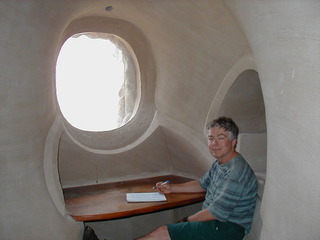Conjunctural analysis
The problem with information these days is not only its content, but equally its form. The velocity of information is striking, making it near impossible for a concerned person to discern both what is significant and what is true. Providing an excess of information that comes without proper, democratic analysis and is almost entirely controlled by a small oligarchy is its own form of censorship, exhausting the reader and viewer into submission. What is censored is not only information itself, although that does occur more than we admit, but also knowledge and wisdom. The news remains at the level of it happened, without explaining most of what happened at all: it does not explain why it happened, what caused it to happen, or its possible consequences. This form of reporting lies by omission, as events are neither static nor singular but part of a complex process.
Conjunctural analyses are an important tool for understanding that complexity, since they seek to explain the dynamic process of history at a certain point in time. Any given point in time is rooted in a past and a future: the past shapes the present, but the present also presages what may come in the future depending on how one intervenes now. That is why conjunctural analyses, derived from a history of Marxist analysis and from the work of the political and social movements that conduct them, are rooted in four principles:
- History. Since events do not take place in isolation but are part of a long-term process, there must be a distinction between incidental or occasional events and organic or structural events.
- Totality. Events are interconnected. They are part of a complex structure that encompasses various possibilities.
- Structure. Events take place within a lattice that includes economic, political, social, and cultural aspects and within which people are organised into classes and power blocs that interact through institutions and ideas.
- Politics. Events must be understood in an active way, which means asking how a political force will act to shape the future, rather than passively watching the future unfold. Answering this question requires a close analysis of the nature of class formation, the balance of political forces, and cultural traditions that could advance a certain political agenda.


0 Comments:
Post a Comment
<< Home